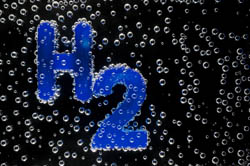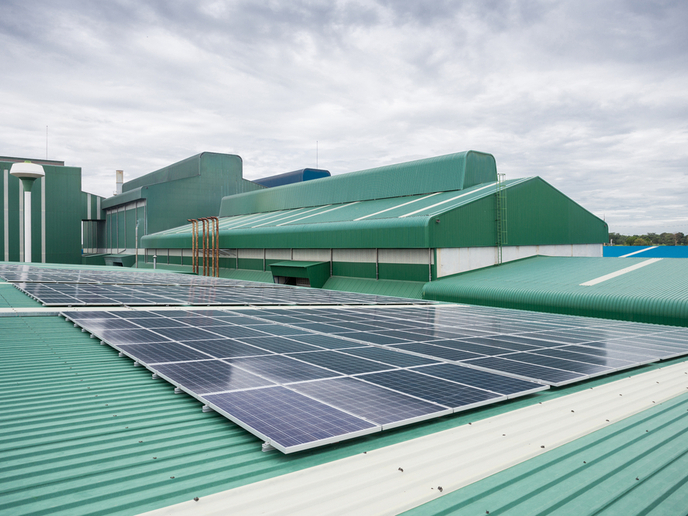Putting energy into the hydrogen economy
As a reliable, clean and green source of energy, hydrogen can radically change the way we generate and consume energy. Hydrogen fuel can be produced from traditional fossil fuels and biomass, as well as through the electrolysis of water. There has been much talk in recent years of the hydrogen economy. However, a number of obstacles stand in the way of achieving this, with the biggest being how to deliver the hydrogen efficiently to the point of use. This includes production, storage and transportation of the fuel. Although hydrogen is currently extracted from fossil fuels in central facilities, a gradual shift can now be identified towards decentralised production using water electrolysis. To help facilitate this transition, the 'Water electrolysis at elevated temperatures' (WELTEMP) project worked on enhancing the efficiency of the process. Supported by the Seventh Framework Programme's (FP7) Energy priority, the project sought to achieve this by raising the temperature of the polymer electrolyte membrane (PEM) electrolyser. This bolsters energy efficiency by improving electrode kinetics, by reducing thermodynamic energy requirements, and through the optional integration of heat recovery. In addition to categorising noble metal-based catalysts, WELTEMP developed catalysts using non-noble metals, among which was a hydrogen evolution reaction (HER) catalyst. The project developed novel high-performance proton-conducting polymer membrane materials reinforced by a porous PTFE material. In addition to the electrolysis of pressurised water, WELTEMP also carried out, probably for the first time ever, steam electrolysis in a PEM electrolyser cell. This has opened up promising new avenues of research. The project also made significant progress towards convincingly demonstrating a prototype alkaline PEM electrolyser. The technologies developed and tested by WELTEMP promise to help boost the efficiency and bring down the cost of water electrolysis for hydrogen production.







